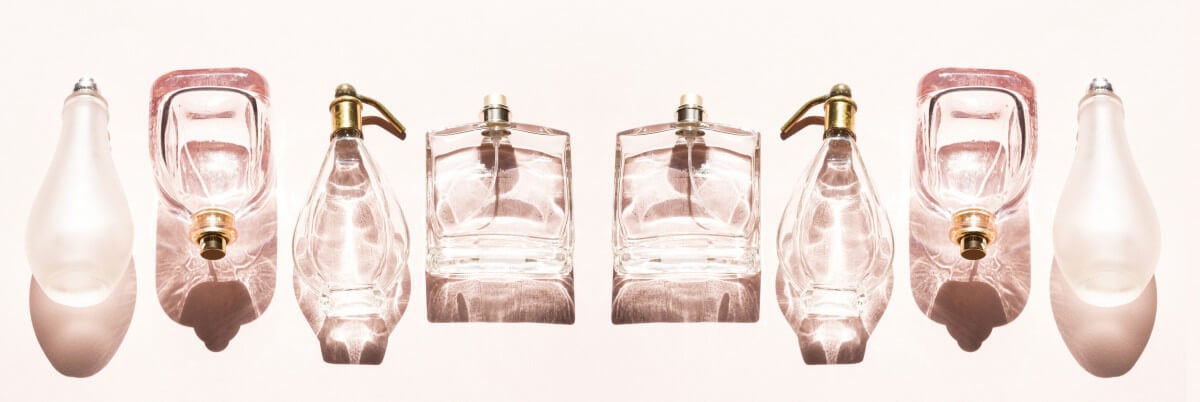Pheromones occupy a mysterious role in human sexual attraction. We know that these natural chemical cues can strongly influence other animals.
Some insects seem to use pheromones for every form of communication; however, we're certainly more complex than bees or pigs, and we'd like to think that chemicals do not completely drive us. Nonetheless, several studies suggest otherwise.
In 1998, Winnifred Cutler Pheromonal Influences on Sociosexual Behavior in Men demonstrated that certain chemicals found in human sweat after puberty could make a person seem more sexually attractive to the opposite sex (or even the same sex).

Other studies have supported these results, although human pheromones' exact functions are still highly controversial in scientific communities. Dozens of products claim to use pheromones to enhance sexual attraction. In the last few years, cologne and perfume manufacturers have begun incorporating chemical cues into their products.
If you're looking for an edge for your next night out, you might wonder whether these products are worth your money. Before buying, you should know that there are three major pheromones associated with sexual attraction:
- Androstenone - Men produce relatively high levels of this axillary steroid, and it's often sold as an aphrodisiac to attract women. There is limited evidence for this type of use.
- Androstenol - Known for its light woody aroma, androstenol has a powerful effect on sexual activity. It's also found in human sweat, and one study showed androstenol as a potential sexual pheromone in women; this has led to claims that this chemical could affect straight human men. Unfortunately, recent studies indicate that humans cannot notice or process androstenol (at least in how that pigs process the chemical).
- Androstadienone - Like androstenone, this chemical is also postulated as a pheromone attractant naturally excreted by men. One study in 2009 showed that androstadienone draws attention to the user's emotional expressions, but this study did not address the chemical's effectiveness as an aphrodisiac.
It's important to understand that this is far from a precise science. While the chemicals listed above seem to play some role in sexual behavior, dozens of factors can influence their efficacy. Additionally, it's often difficult to determine where fragrance companies are getting their chemicals.
For instance, the androstenol used by one manufacturer could be drastically different from the androstenol used by another. We're also not completely sure that pheromones are processed through our sense of smell.
Some scientists believe that humans have a dedicated cranial nerve (also known as the terminal nerve) that acts as the input system for pheromones. This could limit the effectiveness of fragrances; however, several studies have demonstrated increased sexual activity when humans wear masks coated in pheromones, so the nose could still play a role regardless of our exact biology.

So, bottom line: should you buy a fragrance with pheromones if you're looking to jump-start your sex life? It can't hurt, but it won't necessarily help. There's not enough evidence to show a clear correlation between sexual attraction and perfumes.
Human pheromones are still a fairly new field, and we're just starting to understand how they work. Of course, there's another benefit to these products that we haven't addressed: wearers often report enhanced confidence, which can help them build sexual attraction regardless of whether it's a placebo effect.
Therefore, if you enjoy wearing fragrances, pheromone-enhanced perfumes and colognes are certainly worth a try. Just be sure to choose a scent that you enjoy, use a moderate amount of the product, and don't expect dramatic results.












